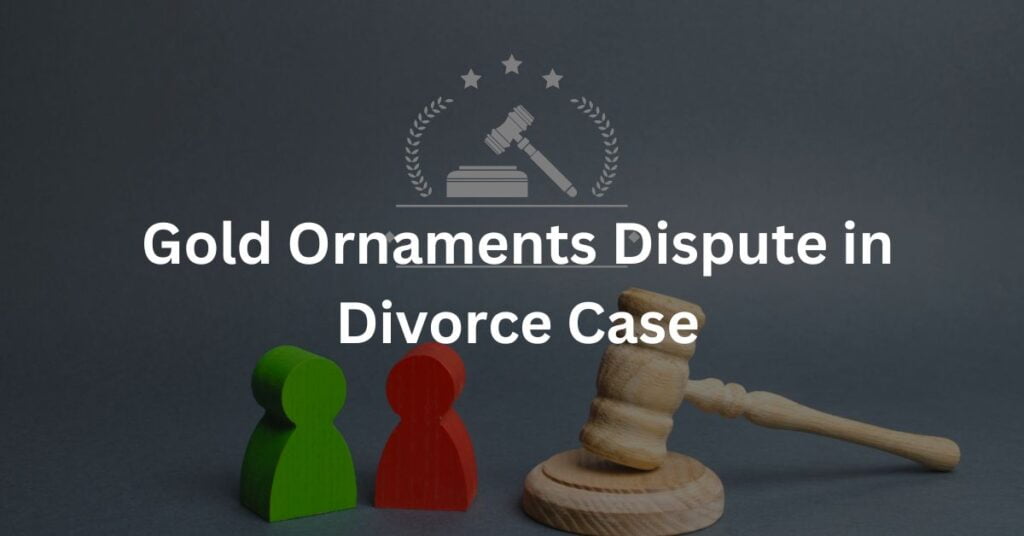In a significant judgment delivered by the High Court of Chhattisgarh, Bilaspur, a marriage was dissolved, marking a pivotal moment in family law. The case, referred to as FAM No. 175 of 2018, revolved around the issue of mental cruelty alleged by the husband against his wife. The court’s decision, outlined in the judgment dated 12/02/2024, highlights the complexities of marital disputes and the legal implications of such allegations.
Table of Contents
ToggleBackground of the Case
The appellant, referred to as the husband, filed a civil suit seeking the dissolution of marriage under Section 13(1)(A) of the Hindu Marriage Act, 1955. Simultaneously, the respondent-wife filed a civil suit seeking restitution of conjugal rights under Section 9 of the Act. The Family Court, Raipur, in its judgment dated 25.09.2019, rejected the husband’s suit and allowed the wife’s suit.
Allegations of Mental Cruelty
The crux of the husband’s plea for divorce was centered on allegations of mental cruelty inflicted by the wife. The husband contended that, post-marriage, he became aware of the wife’s association with another man. The situation escalated with accusations of adultery, refusals to live together, and subsequent legal actions, including a false criminal case filed against the husband and his family members.
Judicial Analysis and Acquittal
The High Court, in its comprehensive analysis, considered the evidence presented by both parties. Crucially, it noted the acquittal of the husband and his family members in a criminal case filed by the wife under Section 498-A of the IPC. The court, relying on legal precedents, highlighted that false accusations leading to a criminal trial can constitute mental cruelty.
Precedents and Legal Interpretations
Referring to established legal principles, the court emphasized that mental cruelty is subjective and must be assessed considering the social status, educational level, and circumstances of the parties involved. Citing previous judgments, the court underscored instances where false accusations, if proven, can indeed amount to cruelty.
Grounds for Divorce
The court concluded that the repeated false accusations made by the wife against the husband and his family members, leading to their acquittal, constituted mental cruelty. It asserted that such conduct inflicted significant mental pain and suffering, making it impossible for the husband to continue the marital relationship.
Irretrievable Breakdown and Divorce Decree
Taking into account the irreparable damage to the relationship and the long-standing separation of the parties, the court declared an irretrievable breakdown of the marriage. Consequently, it granted a decree of divorce in favor of the husband, overturning the Family Court’s decision in favor of the wife.
This landmark judgment underscores the evolving jurisprudence surrounding mental cruelty in marital relationships. It establishes that false accusations, particularly those leading to criminal trials, can be pivotal in determining the dissolution of a marriage.
For individuals navigating similar challenges, this judgment sets a precedent, emphasizing the need for fairness and accuracy in legal proceedings related to matrimonial disputes.
Download Judgment
Click above to download this Judgment in the case titled FAM No. 175 of 2018. It can serve as a valuable resource for legal reference.



